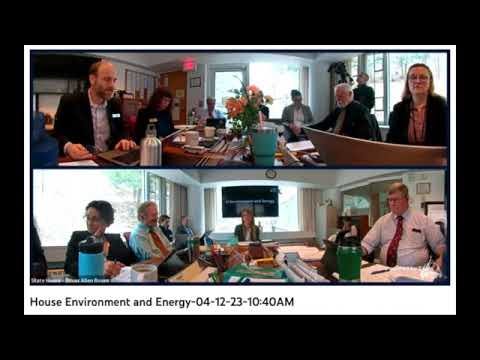Will the Clean Heat Standard destroy Vermont’s maple sugar industry?
Asked how a provision designed to help the industry would actually help, Rep. says, "Who knows?"
For years we have heard that Vermonters must “do something” on climate change in order to, among other things, save our maple sugar industry. This, despite the fact that 2022 saw record production of maple syrup. But could the real existential threat to Vermont maple syrup be very actions taken to prevent climate change?
Representative Brian Smith (R-Der…
Keep reading with a 7-day free trial
Subscribe to Behind the Lines: Rob Roper on Vermont Politics to keep reading this post and get 7 days of free access to the full post archives.



